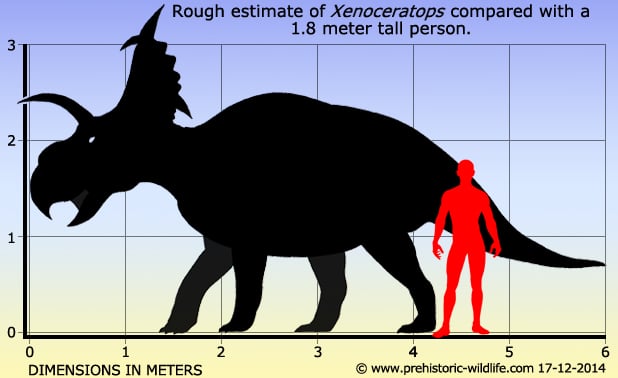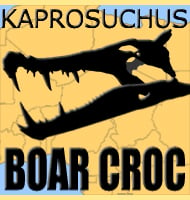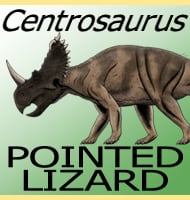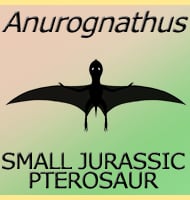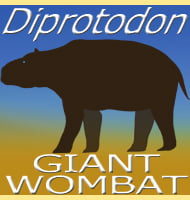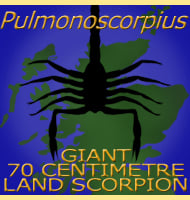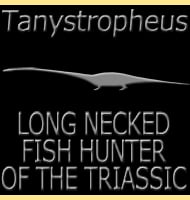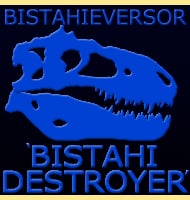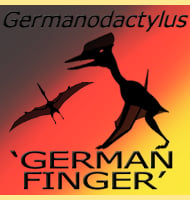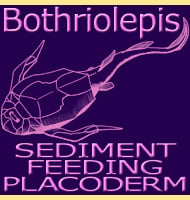In Depth
Described from remains that were recovered from a bone bed, Xenoceratops was labelled by some writers as the ancestor to the world famous Triceratops. In actuality however Xenoceratops is considered to be a member of the centrosaurinae, one of the two main groups of ceratopsian dinosaurs that include the small frilled but large/many horned varieties of these distinctive dinosaurs. Triceratops by contrast is believed to have had its ancestral origins within the chasmosaurine group. However, because Xenoceratops has been described upon very incomplete fossil material, further discoveries, if they happen, may lead palaeontologists to think in a different direction.
The actual importance of Xenoceratops actually comes from the fact that it comes from a seventy-eight million year old deposit. At the time of its discovery (and writing of this article) this makes Xenoceratops the oldest known horned dinosaur from Canada. Xenoceratops is not however the oldest known horned dinosaur from North America, that title is held by Zuniceratops from the United States.
The genus name Xenoceratops loosely translates as ‘alien horned face’ while the species name means ‘from Foremost’, a nearby village where the type remains were discovered.
Further Reading
A new ceratopsid from the Foremost Formation (middle Campanian) of Alberta, M. J. Ryan, D. C. Evans, K. M. Shepherd - 2012.
